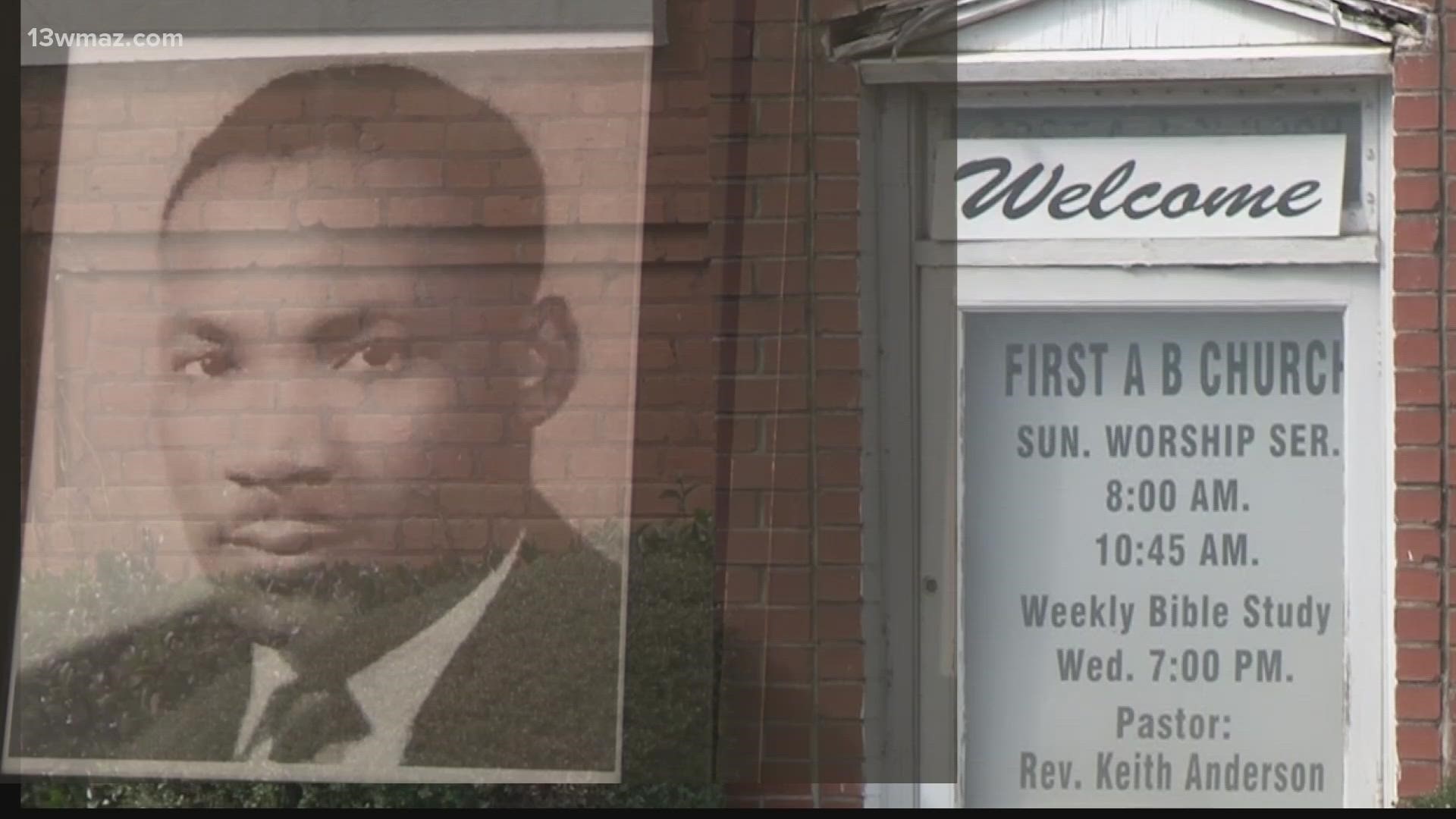DUBLIN, Ga. — Around Four years after the Emancipation Proclamation, and 2 years after the amendment abolishing slavery passed, a historic church opened its doors in Dublin.
First African Baptist Church played a major role in the life of the Reverend Dr. Martin Luther King Junior.
LaRodney Guyton grew up in first African Baptist Church. "The oldest church in the city of Dublin," he stated.
Earnest Wade is a bit of a transplant.
"It is a place where anyone no matter black or white can receive the word of God without no cover on it or no sugar added to it just the word," he described.
The former teacher and principal joined the congregation in 1967.
"What impressed me was the preaching and the teaching," Wade said.
It's a church where everyone gets a good seat. The pews are tiered down so no one's Sunday best impedes the altar view.
It's also an institution in Dublin dating back to 1867.
"The only place most blacks had to go was to church and to work so we had a large number of people in the congregation we could have four to five hundred people but it was the only church in the city limits for blacks to attend," Wade said.
Slavery was over but segregation and racism had a hold on America. Then came along a man with great vision.
"A lot of dark history in this country and he saw it firsthand," Guyton said.
"Slavery has been a strange paradox in a nation where all men are created free and equal" came out of a speaker at a display across from the church.
"He would say this is where the dream began and it's on the monument across the street," Guyton said.
In big bold colors, his words and the time marking April 17, 1944 are highlighted.
At 15 years old, he came to Dublin for a speech contest.
"At that time he was different from most fourteen of fifteen year old children," Wade said. "He had a voice that would penetrate the soul of anyone listening to him. And it was a talent that he had in him."
Dr. Martin Luther King Jr. won the contest by challenging America with sentences like 'The finest negro is at the mercy of the meanest white male.'
"And that laid the foundation for the 'I have a Dream' speech and the marches he did, not just for blacks but for all of humanity being that time in the sixties. So much segregation and racism in this country and he rose up and stepped up," Guyton said.
Guyton is now a Deacon himself, following in his granddad's footsteps.
And the congregation is following the teachings of the word of God and the wise thoughts of a man whose legacy is part of Central Georgia.

